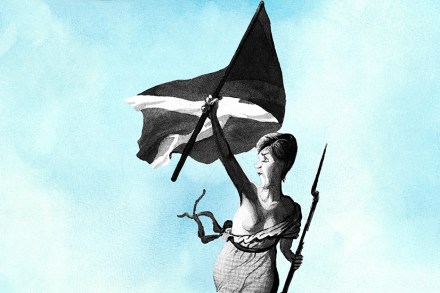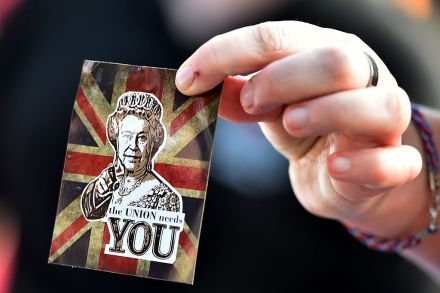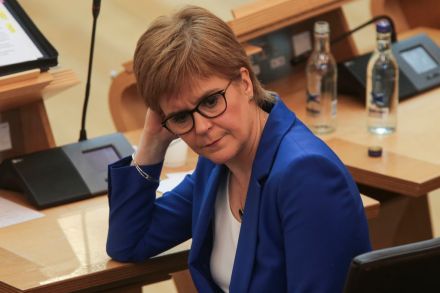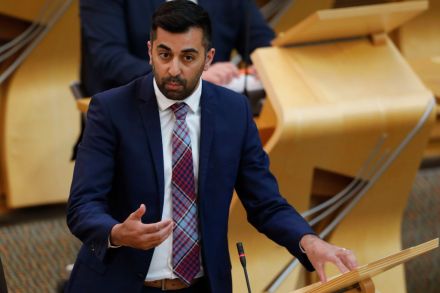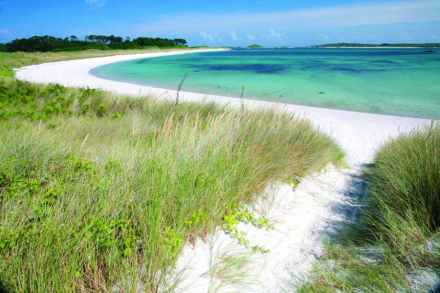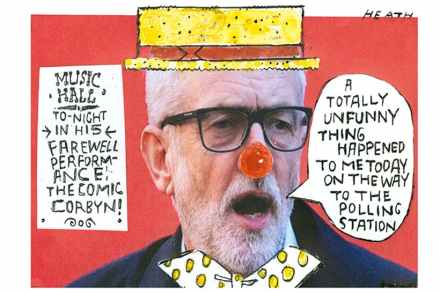Should Nicola Sturgeon get a statue?
The Scottish National party and its supporters like the world to see Scottish independence as a final act of decolonisation, Scots throwing off the yoke of English imperialism and, with it, the taint of having been imperialists themselves. Last week Scots academic Sir Geoff Palmer compared it to the process that led to his native Jamaica gaining its independence. Yet Scots were the greatest of British colonialists and, for most of the 300-odd years of the Union, strong unionists. Scots statuary of figures from before the 1707 Act of Union is quite sparse. But even those few earlier Scots haven’t been exempt from the wider debate about our monuments. In
